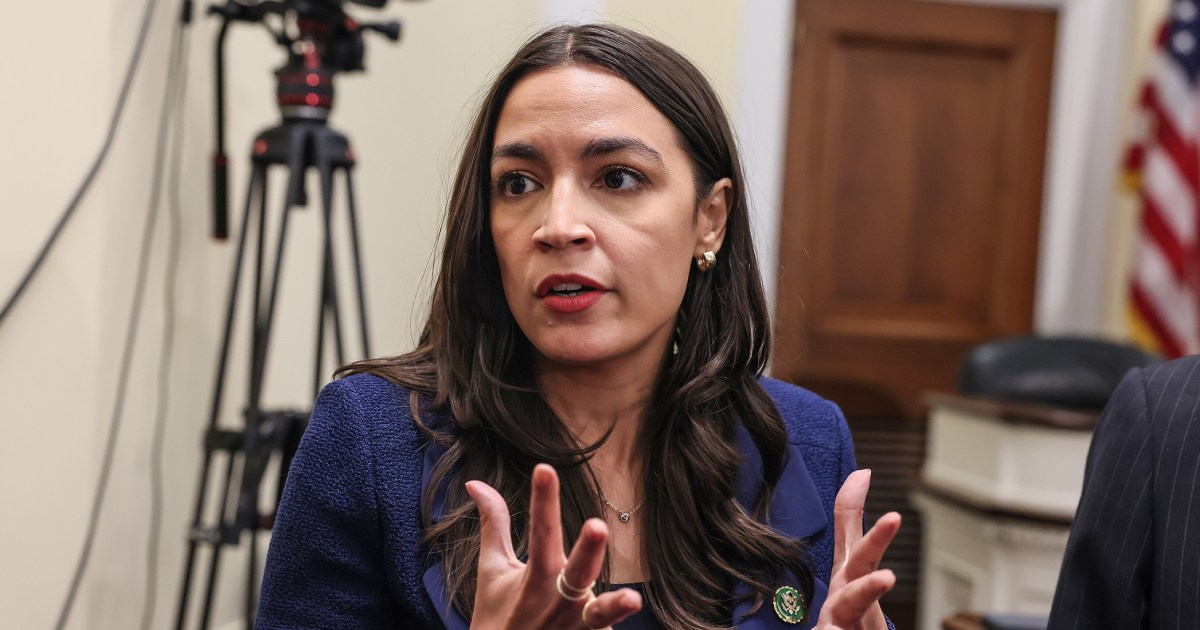Imagine being an American lawyer and believing your whole life that the system is based on all sorts of principles, and then it turns out that all it takes is the GOP controlling the Senate for 20 years and they can turn the American Supreme Court and therefore federal law itself into the sock puppet of a political party.
I read a book a few years ago about Heller and how we got there and it was enlightening. At the end of the book, I expected the author to be very angry and he was surprisingly zen in his conclusion. Aside from that it was NOT originalist at all and the people deciding it act like they were originalists, he actually comes to the conclusion that this is the way the Supreme Court is supposed to work and the way progressives have general operated it. You gradually build the court that can be a stronger, if slower, legistative branch. So aside from the hypocrisy of claiming to be an originalist, he basically said he didn't like it, but fair's fair.
Plessy v Ferguson was actually decided according to originalist principles. The Constitution didn't give the Federal government the right to interfere on segregation and that's that. Decades later, Brown v Topeka Board of Eduction was decided by a couple generations of building political capital and making a court that was willing to say Plessy was wrong. But it wasn't, based on originalism. That court decided that desegregation was what the Constitution SHOULD say and we've all been better for it. It really isn't the process that is wrong. We just don't like having the sock puppet on the GOP's hand.
If originalism is what you're into, Roe v Wade wasn't. It was a progressive court saying what the Constitution SHOULD say. Dobbs is correct, by originalism. There has been no amendment to the Constitution giving the Federal Government power to regulate any medical procedures. The 10th Amendment is firm here. The states get to decide about abortion. If you want it to be universal, an Amendment is required (which wouldn't get ratified by enough states) or you have to persuade a supermajority of the populace to take the issue out of the fight or you have to be in charge enough of the time or at the right time to build a court that agrees.
I just had a funny thought here, because I think the Founding Fathers were really proud of how they'd made a workable process for amending the Constitution to make sure it could keep up with future needs, but the way things panned out with the 2 party system and so many states and whatever else, it is now REALLY HARD to amend the Constitution. They meant for it to be challenging, but not practically impossible. There are a bunch of things in there now, such as the Electoral College, that really make no sense. Not from an originalist approach or a logical approach. Its actually usefulness ended a long time ago, but it gives an advantage to a political party and so they won't allow it to go. I don't know how much harder or easier it is to change the rules in Canada and England and France.

 www.businessinsider.com
www.businessinsider.com





